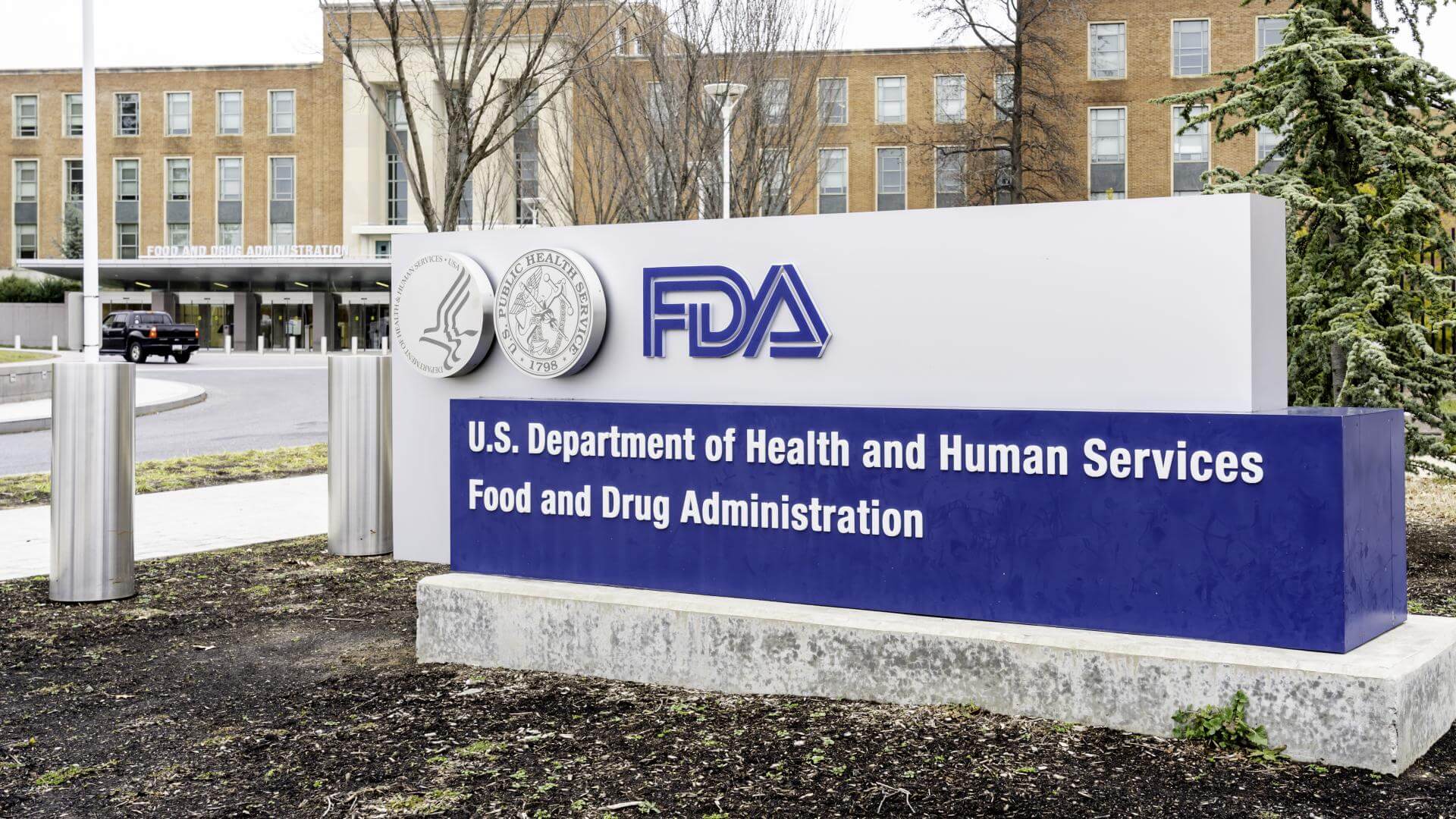Geographic Atrophy Drug Granted Breakthrough Therapy Designation
Treatment could slow the progression of geographic atrophy.
Written By: BrightFocus Editorial Staff
Treatment could slow the progression of geographic atrophy.
Written By: BrightFocus Editorial Staff

A new treatment for geographic atrophy could be on the way.
The U.S. Food and Drug Administration (FDA) in November granted Breakthrough Therapy designation for avacincaptad pegol (ACP, also known as Zimura). The drug could slow the progression of geographic atrophy, an advanced and severe form of dry age-related macular degeneration that can lead to permanent vision loss.
Developed by Iveric Bio, ACP is the first and only investigational therapy to receive Breakthrough Therapy designation status, which was granted based on the 12-month data from two pivotal clinical trials.
“We believe ACP has the potential to safely and effectively preserve central vision by saving photoreceptor cells for patients living with this life-changing disease that leads to irreversible blindness,” Pravin U. Dugel, MD, president of Iveric Bio, said in a press release.
Iveric Bio and several other companies are targeting excessive activation of the complement system—our immune system’s early response to internal stressors—as a primary cause of geographic atrophy. By targeting the C5 protein, suspected to play a key role in the development and growth of scarring and vision loss associated with geographic atrophy, ACP could decrease activity of the complement system that causes the degeneration of retinal cells and potentially slow the progression of geographic atrophy.
Breakthrough Therapy designation is designed to accelerate the development and regulatory review of potential new medicines that are intended to treat a serious condition and address a significant unmet medical need. The new medicine needs to show preliminary clinical evidence that the drug may demonstrate substantial improvement in effectiveness or safety over available therapies on a clinically significant endpoint and in general, should show a clear advantage, according to the press release.
Geographic atrophy affects an estimated five million people worldwide. There are currently no U.S. FDA- or European Medicines Agency-approved treatment options available for patients with geographic atrophy.
Next, the FDA will review the full data submitted to determine whether ACP is safe and effective for its intended use before it is approved for marketing.
Another drug for geographic atrophy, Apellis’ pegcetacoplan, is under FDA Priority Review with a decision expected in February 2023.
BrightFocus Foundation is a premier global nonprofit funder of research to defeat Alzheimer’s, macular degeneration, and glaucoma. Since its inception more than 50 years ago, BrightFocus and its flagship research programs—Alzheimer’s Disease Research, Macular Degeneration Research, and National Glaucoma Research—has awarded more than $300 million in research grants to scientists around the world, catalyzing thousands of scientific breakthroughs, life-enhancing treatments, and diagnostic tools. We also share the latest research findings, expert information, and resources to empower the millions impacted by these devastating diseases. Learn more at brightfocus.org.
Disclaimer: The information provided here is a public service of BrightFocus Foundation and is not intended to constitute medical advice. Please consult your physician for personalized medical, dietary, and/or exercise advice. Any medications or supplements should only be taken under medical supervision. BrightFocus Foundation does not endorse any medical products or therapies.
Help Fight Macular Degeneration and Save Sight
Your donation helps fund critical research to bring us closer to a cure for this sight-stealing disease and provide vital information to the public.
Donate Today